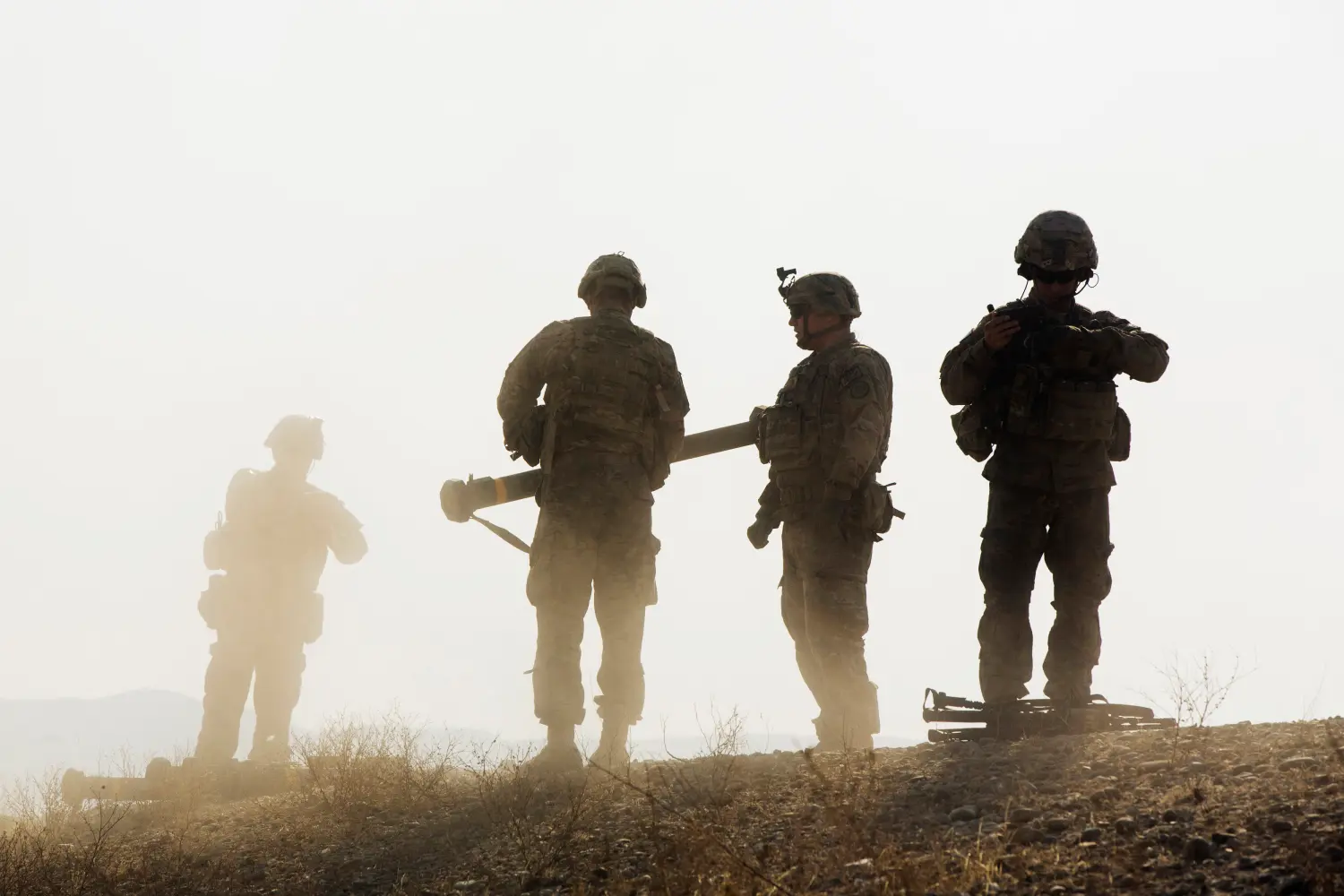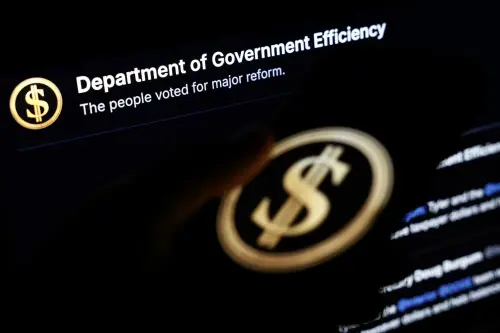The following is a summary of the 13th session of the Congressional Study Group on Foreign Relations and National Security, a program for congressional staff focused on critically engaging the legal and policy factors that define the role that Congress plays in various aspects of U.S. foreign relations and national security policy.
On May 21, 2021, the Congressional Study Group on Foreign Relations and National Security convened over Zoom to discuss reforming the Authorizations for the Use of Military Force (AUMFs). Recent discussions of AUMF reform have been critical of the President’s use of both the 2001 AUMF, enacted after the 9/11, attacks and the 2002 AUMF, enacted prior to the invasion of Iraq, as the legal foundation for most overseas U.S. military operations over the past two decades. Critics consider these AUMFs outdated and used in ways that Congress never intended, resulting in legal basis for wars counter to democratic will. The session focused on the possibilities and justifications for reform, as well as the legal and policy concerns that policymakers should consider when crafting such reforms.
Three law professors—each of whom is a leading voice in AUMF reform discourse—joined the session to provide their perspectives: John Bellinger, a Partner at Arnold & Porter LLP, who served as the Legal Adviser for the U.S. Department of State from 2005 to 2009; Professor Oona Hathaway of Yale Law School, a former Special Counsel at the U.S. Department of Defense; and Professor Matt Waxman of Columbia Law School, who previously held senior positions in the White House and in the Defense Department and State Department.
Prior to the session, these outside experts and the study group organizers circulated several pieces of background reading, including:
- John Bellinger, “A Counterterrorism Law in Need of Updating,” Washington Post (Nov. 26, 2010)
- Matthew Waxman, et al. “A Draft AUMF to Get the Discussion Going,” Lawfare (Nov. 10, 2014);
- Matthew Waxman, “War Powers Oversight, Not Reform,” Texas National Security Review (Nov. 14, 2019);
- Oona Hathaway, “Knowns and Unknowns of U.S. Syria Strike: Looming International and Domestic Law Issues,” Just Security (March 5, 2021).
Bellinger and Hathaway also recommended their recent testimony before the House Foreign Affairs and Rules committees on AUMF reform.
Hathaway opened the session by outlining three basic categories of proposed reforms. First, are calls for repeal, without replacement, of the 1957 AUMF in the Middle East, the 1991 AUMF against Iraq in the first Gulf War, and the 2002 AUMF against Iraq. While repealing the 1957 and 1991 AUMFs would be primarily about housekeeping, the 2002 AUMF has been regularly invoked—whether against ISIS or to justify President Trump’s killing of Qasem Soleimani—for actions far beyond its original intention to authorize force against Saddam Hussein.
The second category of proposed reforms focuses on repealing and replacing the 2001 AUMF that authorizes the use of force “against those nations, organizations, or persons he determines planned, authorized, committed, or aided the terrorist attacks that occurred on September 11, 2001, or harbored such organizations or persons.” Hathaway urged that this replacement should feature two components: a reauthorization requirement every few years to ensure that the AUMF would not last decades without congressional involvement and a more narrowly defined enemy to limit the executive’s use of the 2001 AUMF authority against enemies Congress never intended.
Third, and finally, Hathaway outlined a category of AUMF reform proposals centered on broader war powers reforms, especially updating the War Powers Resolution (WPR) for the modern era. These reforms could include defining “hostilities” to encompass a greater number of uses of force; shortening the 60 or 90 periods before congressional authorization is required; requiring all future AUMFs include reauthorization requirements; and improving Congressional enforcement by automatically cutting off funds or simplifying means for Congress to challenge executive branch interpretations in court.
Bellinger then spoke, and agreed on the need to revise the existing AUMFs, while disagreeing with the WPR proposals Hathaway raised. He agreed that the 2001 and 2002 AUMFs are outdated and recent reliance on them was a stretch. Bellinger argued that the 2002 AUMF should be repealed entirely, as it has outlived its purpose, and that the 2001 AUMF should be revised and updated, given the changing nature of the terrorism challenge and the fact that such a small percentage of the Congress that voted for the AUMF actually remains. He urged that a revised AUMF against terrorists could bar the President from applying it to an entire country and argued that a sunset provision could be valuable as a political settlement, even if it would send a worrying signal to the enemy regarding American political resolve.
Finally, Waxman concluded the opening statements by arguing that, while repealing the 2002 AUMF and updating the 2001 AUMF were important, the far larger problem than the text was the overall lack of congressional oversight. He voiced concerns with limiting the AUMF authority either territorially or to specific enemies, because such limits would deny the executive needed flexibility. He also stressed that sunsets or reauthorization requirements might not be the remedy its proponents believe, given that hyper partisanship could hinder responsible congressional action to reauthorize when necessary and uncertainty over what Presidential power would be if Congress failed to reauthorize.
More important than the AUMFs, according to Waxman, is the need for Congress to upgrade its oversight capabilities of warfare and uses of force following the authorization. The past couple decades have not only demonstrated congressional abdication on the initiation of war, but also congressional abdication for the oversight of war. Such efforts at enhanced oversight would not require AUMF reform. AUMF reform, in general, would not be a panacea for greater congressional-executive coordinated deliberation on national security policy. Historically, even when war has been congressionally authorized, constitutional conflicts and separation of powers tensions persist.
The session concluded with open discussion among the study group participants. In response to questions, the panelists discussed both the benefits and disadvantages, from a policy perspective, of clearly defining the enemy in the text of AUMFs. All the panelists agreed on the importance of Congress becoming more assertive in the war powers context, despite the political advantages Congress can sometimes accrue by surrendering power to the executive branch. There was broad agreement that, whatever the future of AUMFs, greater congressional oversight and control over warfighting is important.
After the study group session, Hathaway and Waxman joined study group coordinator Scott R. Anderson to discuss the topic of AUMF reform on an episode of the Lawfare Podcast.
Visit the Congressional Study Group on Foreign Relations and National Security landing page to access notes and information on other sessions.
The Brookings Institution is committed to quality, independence, and impact.
We are supported by a diverse array of funders. In line with our values and policies, each Brookings publication represents the sole views of its author(s).



